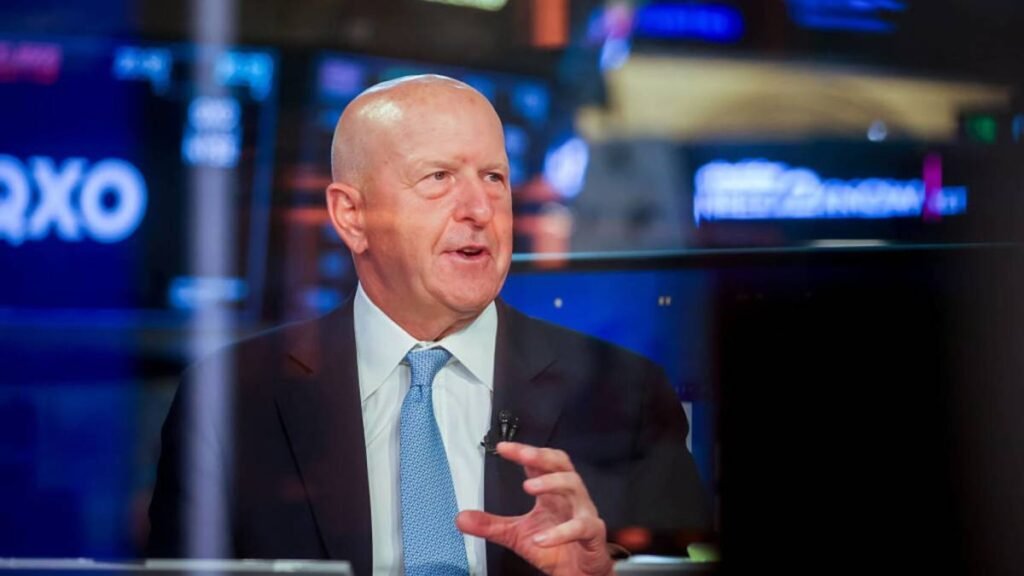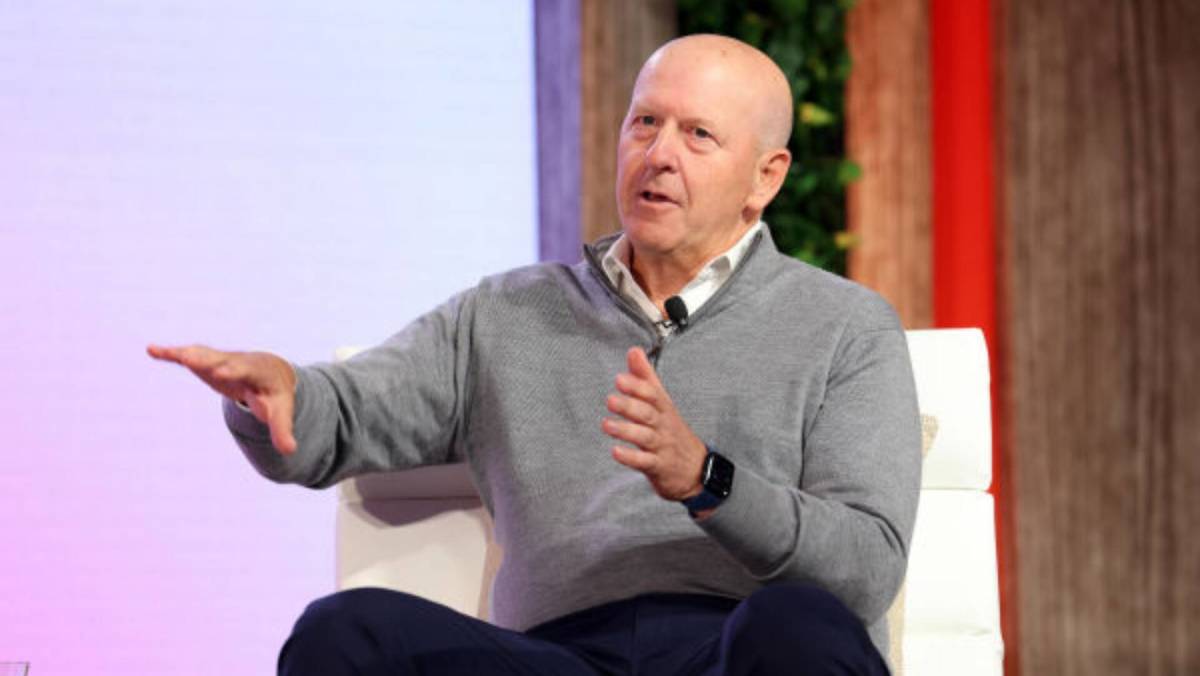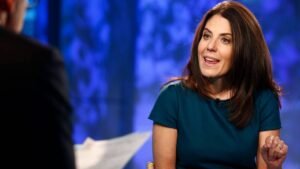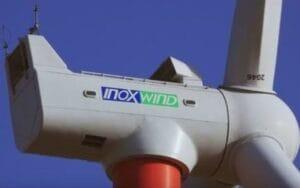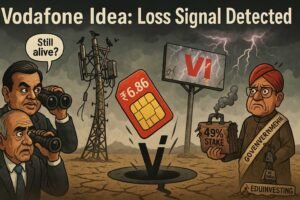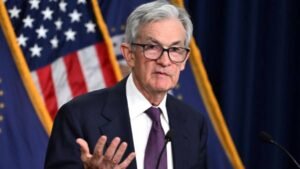One of the most revered firms on Wall Street is the latest to take fire from President Donald Trump, receiving sharp criticism after a new economic forecast suggested inflation may be heading higher.
Previously, the president has focused the bulk of his attention condemning Federal Reserve Chairman Jerome Powell’s decision to leave interest rates unchanged this year, rather than cutting them, and demanding his resignation.
💵💰Don’t miss the move: Subscribe to TheStreet’s free daily newsletter💰💵
More recently, he took Bureau of Labor Statistics Commissioner Erika McEntarfer to task, eventually firing her on Aug. 1 over complaints regarding the validity of job-market data, which had come in weaker than expected.
Now, he’s riding Goldman Sachs CEO David Solomon over the investment bank’s economics research, suggesting Solomon should find new economists, ostensibly with forecasts friendlier to the White House’s policies.
Battle between tariffs, jobs and inflation rages on
A cornerstone of Trump’s campaign-trail promises was tariffs on imports to respark U.S. manufacturing activity.
Many businesses had hoped that was campaign rhetoric, but those hopes were dashed pretty quickly by the Trump administration’s proposed and enacted tariffs at levels last seen during the Great Depression following the Smoot-Hawley Tariffs Act.
Related: Morgan Stanley analyst unveils surprising take on stocks after record run
Since February the White House has imposed a series of harsher-than-anticipated tariffs on trading partners, including a 10% baseline tariff, 30% tariffs on China, and 35% tariffs on Canada.
Most economists view tariffs as inflationary because companies tend to pass along extra costs to consumers rather than absorb them out of their own profits.
There’s been substantial debate, though, about how inflationary tariffs may be.
The Trump administration argues that any increase caused by tariffs is temporary and will be more than offset by upside in manufacturing, a point conceded by Fed Chairman Powell during his press conference following the Fed’s latest decision on interest rates in July.
So far, there’s been little to suggest tariffs are causing substantial inflation. However, the Consumer Price Index, or CPI, a favored inflation measure, climbed to 2.7% in July from 2.3% in April before most tariffs took effect.
Core CPI, which removes volatile energy and food prices, rose to 3.1%, the highest since February.
The potential for tariffs to cause inflation that zaps U.S. economic activity, hurting jobs, may also become evident based on jobs data.
The unemployment report that ultimately cost McEntarfer her post at the BLS showed the U.S. economy created just 73,000 jobs in July, below the 100,000 expected.
It also included revisions to May and June that reduced job creation over the past three months by 253,000. Overall, only about 103,000 jobs had been added to the U.S. economy in the past three months.
As a result, the unemployment rate rose to 4.2% from a low of 3.4% in 2023.
Trump puts Goldman Sachs economist in crosshairs
Trump wrote in a Truth Social post that Solomon should “go out and get himself a new Economist,” claiming that Goldman Sachs’s forecasts on tariffs and inflation have missed the mark.
Last year, Goldman Sachs economists predicted that tariffs would cause inflation that could crimp GDP and cause job losses, including an outlook that the president’s policies would reduce GDP by 0.5%.
More Tariffs:
- Ford CEO Jim Farley supports US tariffs despite $2 billion cost
- Luxury carmaker begs UK government to stand up to tariffs
- EU and US automakers both lose big in latest tariff deal
In 2025, the World Bank estimates U.S. GDP will grow 1.4%, down from 2.8% in 2024.
An Aug. 10 report by Goldman Sachs’s economic team, led by Chief Economist Jan Hatzius, entitled “US Daily: Tariff Passthrough Update: More Underway Through June,” may have drawn Trump’s ire.
According to the report, “U.S. consumers had absorbed 22% of tariff costs through June but [their] share will rise to 67% if the recent tariffs follow the same pattern as the earliest ones.”
Goldman Sachs says that “U.S. businesses have absorbed more than half of the tariff costs so far but that their share will fall to less than 10%.” It says that exporters “had absorbed 14% of the cost of all tariffs implemented so far through June, but that their share will rise to 25% if the more recent tariffs follow the same pattern as the earliest tariffs on China.”
The potential for more of the tariffs to get passed along to consumers could be problematic if inflation expectations get unanchored.
Currently, inflation expectations have moderated since spiking earlier this year, but that could change.
“Our analysis implies that tariff effects have boosted the core PCE price level by 0.2% so far. We expect another 0.16% impact in July, followed by an additional 0.5% from August through December,” wrote Goldman’s economists. “This would leave core PCE inflation at 3.2% year-over-year in December, assuming that the underlying inflation trend net of tariff effects is 2.4%.”
If they’re correct, it would mark a big increase in the Personal Consumption Expenditures inflation measure year over year. It was 2.6% in December 2024. The PCE is Fed policymakers’ favored inflation index.
Trump suggested that Solomon might want to focus more on being a DJ, a past hobby of the CEO, perhaps implying he isn’t suited for the top spot at Goldman Sachs because of his economists’ findings.
He also claimed “mostly Companies and Governments, many of them Foreign, [are] picking up the tabs” on inflation, rather than consumers, despite the rise in the CPI.






